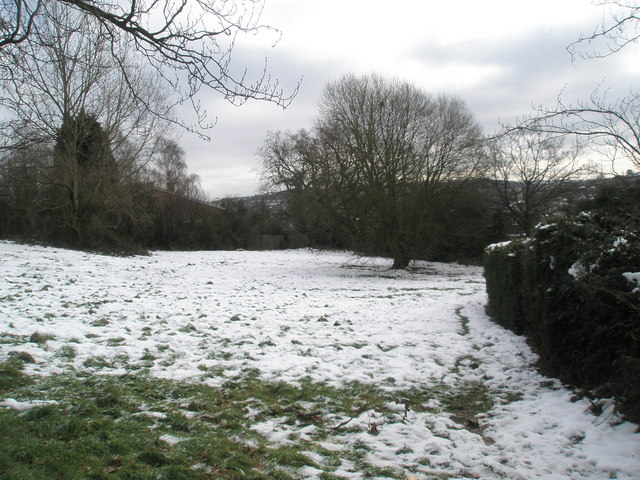Climate change strikes Pennsylvania’s winters
Accessed via Google images under the Creatives Common License
This picture shows the effect of climate change at Stag Hill and how quickly it melts snow.
Winter: the time for hot chocolate, cuddling up, and plenty of activities in the snow. This winter, however, has not provided these nostalgic memories. In Washington PA, we have gotten less than 40 inches of snow. Climate change is one of the main reasons for this decline in snowfall. The average snowfall for Pennsylvania this past year was only 36.6 inches, which is a big difference than the 59.8 inches accumulated in 2018.
In Pennsylvania, the weather can range anywhere from getting a heat stroke to a bitter cold. This winter has been one of the warmest in many years and the snowfall came quite late. The first major snow in Pennsylvania was February 14. In 2018 the Fourth National Climate Assessment reinforced what scientists have been saying for years: climate change has made its mark on Pennsylvania and its future winters will only be warmer and wetter.
Climate change has become a more significant problem these past few years. Higher temperatures in the Arctic have also led to a decrease of snowfall and ice; over the years, this has started to affect all of the states in different ways.
The warmer and wetter seasons also are causing trouble for people with allergies. The humidity can cause difficulties for some people and can worsen preexisting allergies. Humidity can cause a person with impaired lungs to have labored breathing. It can feel like they are sucking in air through a coffee straw instead of taking deep breaths.
While hotter winters have created unusual conditions for us, they have provided an ideal environment for mosquitoes or ticks. This means that it will be easier for people to get sick from the West Nile virus or Lyme disease because the hotter weather doesn’t kill the ticks or mosquitoes. In 2010, Pennsylvania had only 152 cases of Lyme disease, but it skyrocketed to 612 in 2017, which shows the effect of the ticks not freezing in the winters.
Pennsylvania’s agriculture has also taken a toll from the warm winters. The warmer the winters, the more livestock that is produced, which is good, but the downside is that it also brings more weeds and pests. This means that there will be a greater demand for pesticides, which will cause yet another threat to human health. There is also a high risk that the higher temperature will reduce the amount of grain and fruit crops that Pennsylvania farmers will be able to produce, due to heat and dryness in the air.
It is evident that these patterns of climate change are occurring more and more. Fortunately, there are plenty of ways that people can help stop climate change and prevent future damage. By using less energy, consuming less waste, and going green with transportation, people can ensure that climate change does not continue to damage the planet. Hopefully, efforts to combat climate change will bring back beloved snow-filled winters.
When not busy with homework or extracurriculars, Emma is normally reading a fantastic new book or looking for new things to write about. She adores spending...






